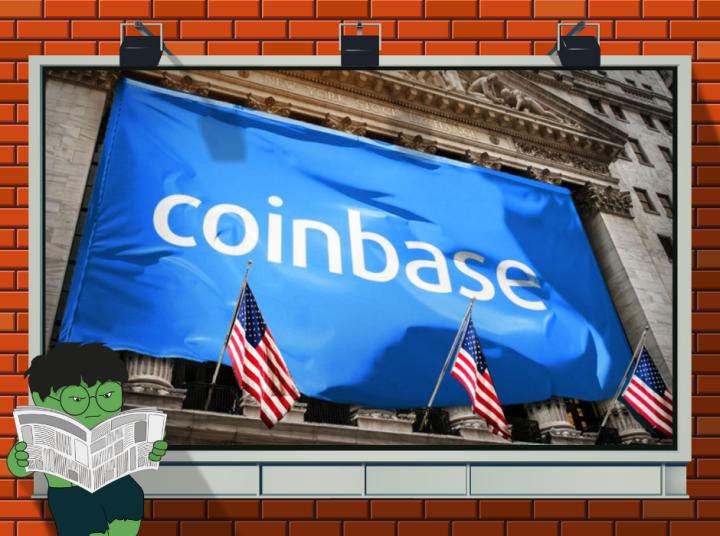A reader asked the following question in a comment:
How do Buffett and Fisher determine the timing and price of selling?
I briefly shared with you how Buffett determines the timing and price of selling during an online exchange last weekend.
This is the essence of thought that Buffett and Fisher, two predecessors, have repeatedly mentioned in their speeches and writings, and I think it is also a very important one. To some extent, it is also the content that has shocked me the most since I read their works in recent times.
The investment methods of both predecessors are based on long-term investment. Therefore, when considering operations, they look at the value of an investment target from a long-term perspective and believe that the growth of value is the core that truly drives price increases.
Under this fundamental strategy, all decisions made by the two predecessors focus on long-term factors that can truly increase value, and ignore those factors that are not related to value growth.
For example, in their view, factors such as market conditions and macroeconomic policies (the Federal Reserve's financial policies) have nothing to do with the growth of intrinsic value, and they all believe that these factors are speculative and cannot be grasped.
Of course, if these factors greatly distort the prices of investment targets, they will welcome this and take advantage of this market distortion to operate.
What does this mean?
For example, if the current price of the Apple stock they hold is $500, they believe its intrinsic value is also $500.
But if the market suddenly speculates that the Federal Reserve will 100% raise interest rates tomorrow, in this case, some traders believe that once the interest rate is raised, the stock market may plummet, so they will rush to sell today and wait for Apple to fall to a low price before buying it back; or another part of the traders believe that the news has been digested, and if the interest rate is really raised, the stock market will rise sharply, so they will rush to buy today.
They will not guess how the market will move after the news is confirmed to decide today's operations.
But if the behavior of traders in the market causes Apple's price to reach extremely extreme conditions, such as Apple's stock price suddenly rising to $5,000, they are likely to sell in this case because this price is obviously much higher than its intrinsic value; or if Apple's stock price suddenly plummets to $50, they are likely to buy because this price is much lower than its intrinsic value.
As for the specific criteria for judging the timing and price of selling, Buffett was very specific, while Fisher was more abstract.
Mr. Buffett said the following criteria:
- If the company needs funds for necessary expenses (such as the need to pay compensation for GEICO), he will sell the stock;
- If he believes that the price of a stock has far exceeded its intrinsic value, he may (but not necessarily) sell the stock;
- If he finds another better deal (such as finding a value stock at a cheaper price or a good company to buy as a whole), he will sell the stock.
Some time ago, many people on the Internet said that Buffett sold out several times when the US stock market reached its peak, interpreting this behavior as his judgment on the future trend of the US stock market. In fact, in my opinion, this behavior is one or more of the three points above.
Fisher said:
- If the company's fundamentals (management, operations, R&D, etc.) change, he will sell the stock;
- If he finds a better company to buy, he will sell the stock.
Other than that, he hardly sells.
Fisher even believes that if he holds a good stock, he will not sell it even if the price of this stock rises to a so-called "too high" level in the short term, because he believes that the future price of this good stock will most likely be higher than the current "too high" price again.
For example, he held Procter & Gamble for more than 10 years, Motorola for 30 years, and Texas Instruments for 40 years...
Are the operations of these predecessors suitable for us? That depends on the individual. But I believe that the logic and ideas here are worth learning and drawing lessons from.






